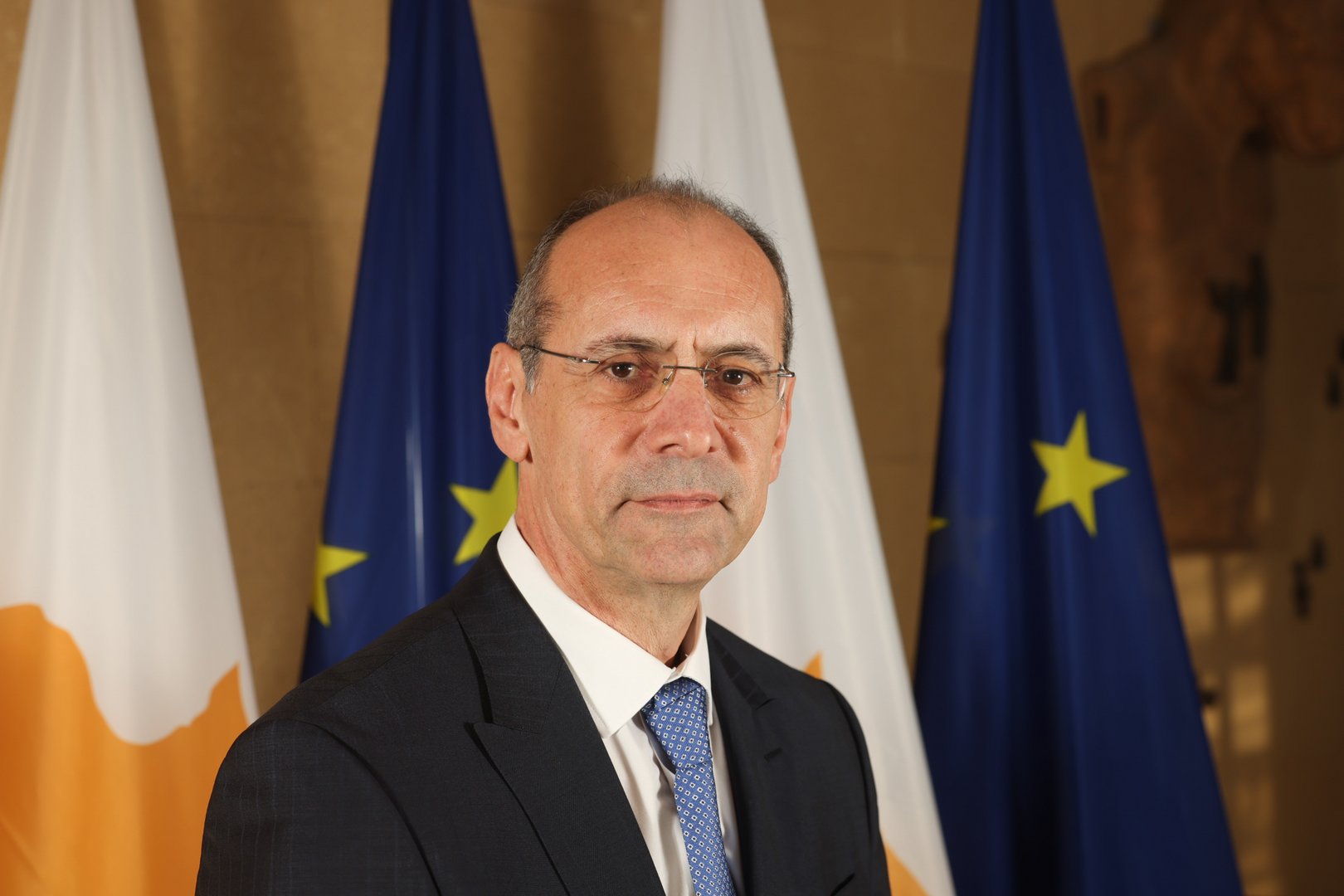Akel MP Aristos Damianou on Thursday cast doubt on the effectiveness of the justice ministry’s newly approved measures granting police enhanced powers to combat football hooliganism.
Speaking on CyBC’s morning radio, Damianou described the measures as “reheated food,” arguing that similar proposals had been discussed and dismissed in the past. He pointed out that some basic measures previously approved had yet to be implemented, making new strategies seem redundant.
Justice Minister Marios Hartsiotis had announced on Wednesday, following a cabinet meeting, that the new bill would allow the government to take “decisive” action, including banning away fans from football matches.
The legislation would also empower police to conduct breathalyser and drug tests at stadium entrances and inside the grounds, applying the same alcohol limits as those for motorists.
Fans who test positive would be arrested and taken to the police station.
Other measures underway involve upgraded training requirement for matchday stewards who are to be required to be registered security guards and changes to the operation and housing of fan associations, with the official clubs being made responsible.
However, Damianou stressed that the real issue was not the introduction of new measures but the failure to enforce existing ones. He cited the lack of CCTV systems at state- and Koa-owned (Cyprus Sports Organisation) stadiums and the absence of numbered seating, which makes it difficult to identify offenders.
“Before we introduce stricter measures, we should first evaluate the effectiveness of those already in place,” he said.
Police had repeatedly complained of understaffing and had in the past secured absolution from responsibility for football matches – and this is what lead to the establishment of stewards. With staffing concerns still unresolved, he argued, the new measures seemed contradictory.
The MP added that any measures suggested or taken had to be “logical, balanced and reasonable” to the situation.
Moreover, Damianou questioned the feasibility of enforcing drug and alcohol testing in large crowds. “How will police conduct random tests in a mob of 15,000 to 17,000 people at an Apoel-Omonia match?” he asked, calling the proposal unrealistic.






Click here to change your cookie preferences